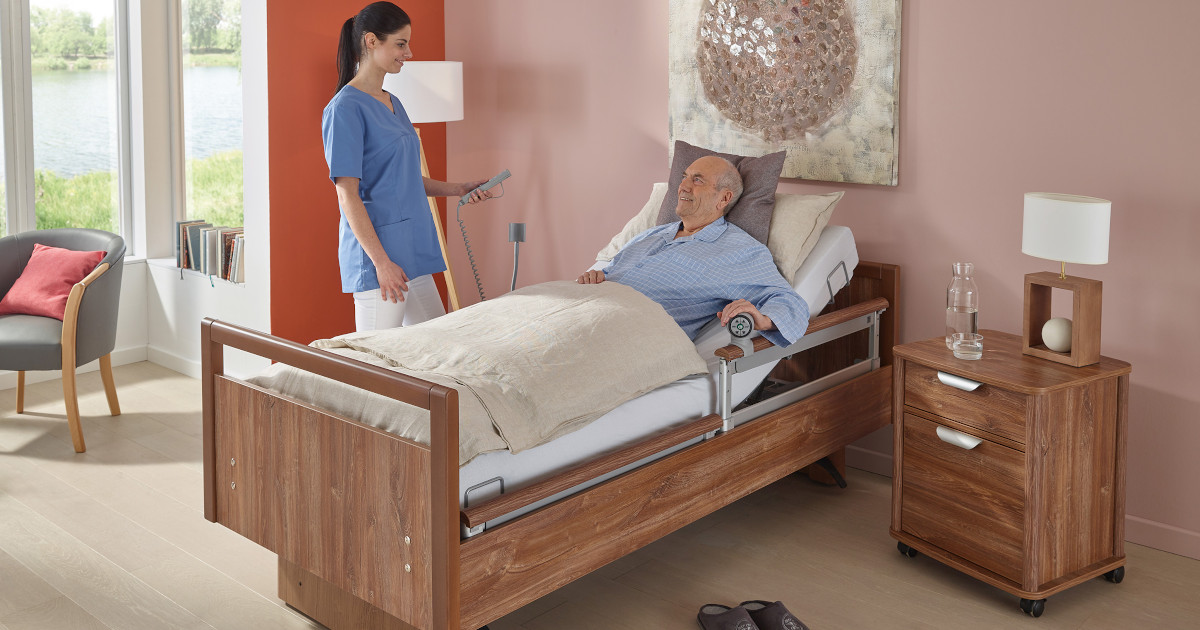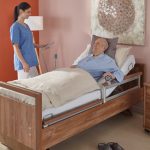On the one hand, Corona has shown us how valuable healthcare is. On the other hand, it has once again exposed abuses in care: There has been a shortage of personnel for years, especially in the care of the elderly. The question, which many care workers ask themselves, is, how they are to deal with personnel bottlenecks. Pflege-Today has been asking around:
Open communication
Heike Schopf, Deputy Head of Nursing Services (PDL) at the Bethel Senior Citizens‘ Center in Welzheim, believes that the priority is good communication. „The most important thing is open communication with the supervisor,“ she explains. If specialists conceal needs and overload, discord will arise and this will lead to frustration at the workplace.

Heike Schopf, Deputy Head of Nursing Services
Good communication can counteract this. It is therefore very important to be heard by superiors or personnel management. Overload, for example, is not a personal problem but a collective responsibility. „This can and should be clearly addressed so that the team can look for solutions,“ says Schopf.
Become active yourself
In addition, nurses should be courageous and make suggestions that superiors may not even consider. Often, ideas can be found to relieve the burden on nurses, shift tasks and find a better balance. Ideally, the individual situation and the capacities of each specialist should be taken into account. Be it by optimizing the duty roster on a daily basis, delegating certain activities or similar changes – every well thought-out action can increase efficiency and provide relief.
Knowing its limits
The PDL advises not to take over oneself, but to know and articulate one’s limits. It is advisable to ask whether one can deal well with the current situation in the long term. If this is not the case, it is worthwhile to think about further steps in working life. For example, reducing working hours or taking days off in a row.
If superiors and personnel management are closed to discussions, suggestions or compromises, every nurse should be free to consider whether she or he would be better off in another home.
Good recruiting
The service also tries to mobilize new staff at the Bethel senior citizens‘ center. One approach is improved marketing and targeted communication. Young people in particular are to be motivated to go into geriatric care. This can be done by personal recommendations or visits to schools. Many homes are turning to another option to alleviate the shortage of personnel. They hire less qualified assistants, such as the geriatric care assistant. This can counteract acute staffing problems. In addition, nursing assistants can often be qualified as certified geriatric nurses with the support of the employment agency. This in turn even succeeds with assistants of many years‘ standing.
Reasons for the lack of personnel
Many people ask themselves how this shortage of personnel could have come about. „There are several factors that explain the shortage: The salary and working conditions are the main focus,“ says Schopf. „Skilled workers work in a 30 to 40 percent job, often 50 percent or even more,“ PDL makes clear. The image of the profession must also change, he says, because many people misjudge the work. One should portray geriatric care as it is: „One of the most valuable and important professions in society,“ emphasizes Schopf.
Apart from these reasons, there are also individual factors such as health problems or the tendency to switch to an office job. Many older employees also retire early.
Change is the order of the day
But what has to happen to reduce staff shortages, fill open positions and relieve the burden on skilled workers?
The president of the employers‘ association care, Thomas Greiner, finds that „lack of care specialists (…) rather by creativity, expert knowledge and pragmatism can be gotten under control“, instead of by dramatic appeals.
Because apart from political actions cooperative relations and creativity of the personnel management are in demand: Mothers, who work in the old person care, should be relieved by co-operation with Kitas and kindergartens, supplies crest an example.
Individual approaches that can be implemented in working life are also effective. For example, if the specialist finds a particularly effective way to prescribe medication and this is incorporated into the process. In general, if you know your staff, you can make better use of their skills. All these steps help to improve the daily work routine for the nursing staff.


